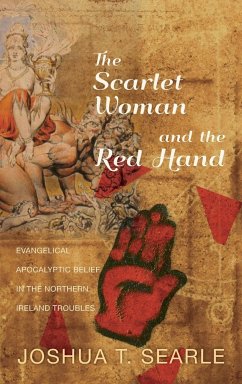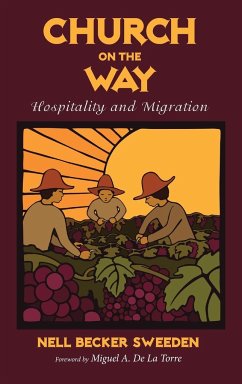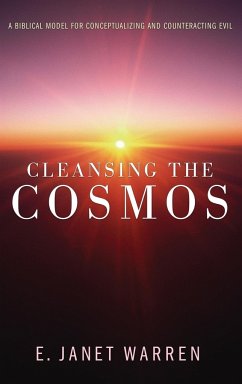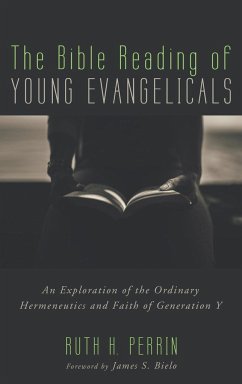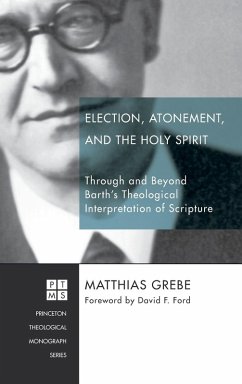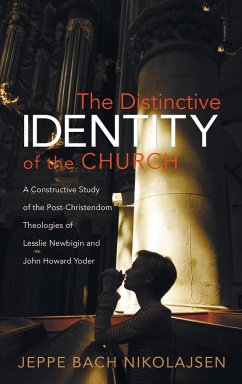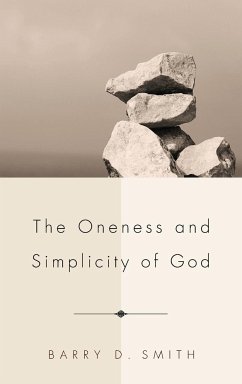This book provides a comprehensive description of how evangelicals in Northern Ireland interpreted the ""Troubles"" (1966-2007) in the light of how they read the Bible. The rich and diverse landscape of Northern Irish evangelicalism during the ""Troubles"" is ideally suited to this study of both the light and dark sides of apocalyptic eschatology. Searle demonstrates how the notion of apocalypse shaped evangelical and fundamentalist interpretations of the turbulent events that characterized this dark yet fascinating period in the history of Northern Ireland. The book uses this case study to offer a timely reflection on some of the most pressing issues in contemporary negotiations between culture and religion. Given the current resurgence of religious fundamentalism in the wake of 9/11, together with popular conceptions of a ""clash of civilizations"" and the so-called War on Terror, this book is not only an engaging academic study; it also resonates with some of the defining cultural issues of our time. ""The link between apocalyptic rhetoric and violence is rarely more obvious than in the Troubles in Northern Ireland (1966-2007). The discontents underlying this long ethnic, political, and religious conflict were fueled--and ultimately transformed--by varieties of biblical eschatology. Describing the lethal and creative potential of apocalyptic language in evangelical communities, this book offers a groundbreaking reflection on the question of whether texts are a cause or consequence of their contexts."" --Crawford Gribben, Professor of Early Modern British History, School of History and Anthropology, Queen's University, Belfast, N. Ireland ""Joshua Searle guides us on a fascinating journey into apocalyptic eschatology in evangelicalism in Northern Ireland. Rather than accepting conventional wisdom that the Troubles drove evangelicals to an unusual obsession with the end of the world, Searle emphasizes ideas, arguing that pre-existing biblical interpretations informed evangelicals' responses to violence. His analysis of evangelicals' narratives of fear and hope prompt us to reconsider the importance of discourses in the wider field of millennial studies."" --Gladys Ganiel, Assistant Professor in Conflict Resolution & Reconciliation, Irish School of Ecumenics, Trinity College Dublin, Belfast, N. Ireland ""Beyond the historical instance, the book is outstanding in its evocation of the general power of the apocalyptic imagination."" --Professor Paul S. Fiddes, Professor of Systematic Theology, University of Oxford, Regent's Park College, Oxford, UK ""By showing how various evangelicals involved in the Troubles in Northern Ireland read their contemporary situations in terms of biblical texts, Searle clearly shows how the Christian apocalyptic eschatology of prominent biblical texts both shaped and was used to respond to the particular contexts of individual interpreters. Searle carefully analyzes specific interpretations and sets them against broad philosophical, theological, and historical backgrounds."" --Eugene V. Gallagher, Rosemary Park Professor of Religious Studies, Connecticut College, New London, CT ""This study of the way in which apocalyptic texts and the communities which read them interact is set to become one of the most important in the field. . . . As Searle shows, to understand how a text is read is to understand something of the community that reads it, and thereby, perhaps, to be better informed of the deep underlying tensions, hopes, and fears that drive some to acts of violence."" --Professor Kenneth G. C. Newport, Pro Vice-Chancellor, Liverpool Hope University, Liverpool, UK Joshua T. Searle--a graduate of Oxford, Prague, and Dublin--is Tutor in Theology and Public Thought at Spurgeon's College, London.
Hinweis: Dieser Artikel kann nur an eine deutsche Lieferadresse ausgeliefert werden.
Hinweis: Dieser Artikel kann nur an eine deutsche Lieferadresse ausgeliefert werden.

